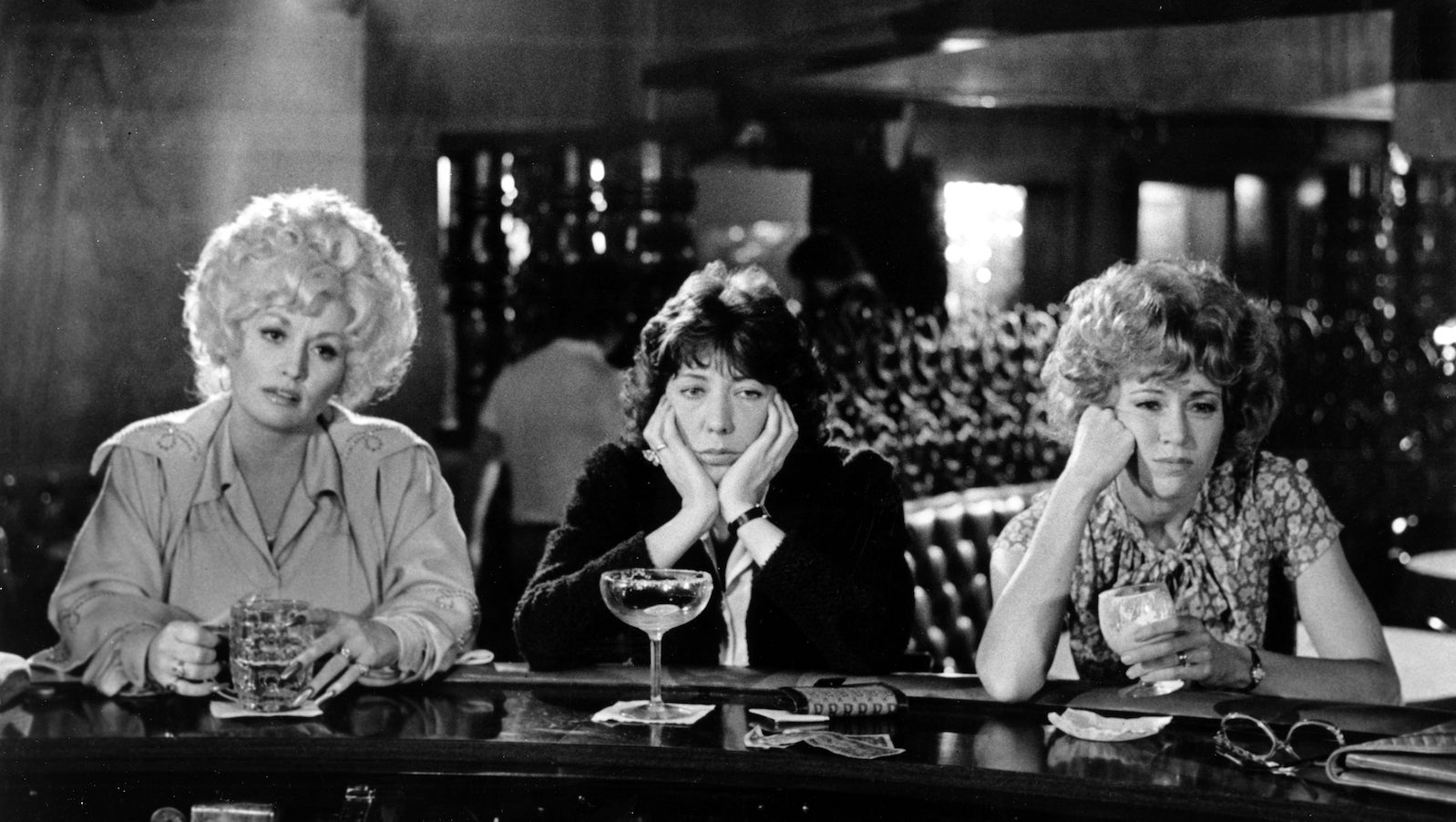The “mean man” advantage
After decades as an executive advisor, Mark Lipton was ready to write a book on an ugly subcategory of people he worked with: vindictive leaders who bullied and manipulated underlings, often through angry outbursts in the workplace. That book, Mean Men: The Perversion of America’s Self-Made Man, highlighted several business leaders who fit the profile. (Most are anonymous, but Henry Ford, PR chief Peter Arnell, and American Apparel founder Dov Charney all make cameo appearances.)


After decades as an executive advisor, Mark Lipton was ready to write a book on an ugly subcategory of people he worked with: vindictive leaders who bullied and manipulated underlings, often through angry outbursts in the workplace. That book, Mean Men: The Perversion of America’s Self-Made Man, highlighted several business leaders who fit the profile. (Most are anonymous, but Henry Ford, PR chief Peter Arnell, and American Apparel founder Dov Charney all make cameo appearances.)
The title was no accident. Every one of the people Lipton featured were men.
Bad behavior isn’t limited to one gender, obviously. Plenty of women possess a cruel streak and can exercise it at work. But few such women reached positions powerful enough to catch Lipton’s notice.
The reason is simple: Public displays of anger by women in the workplace are perceived very differently, and far more negatively, than similar displays from men. It’s a relevant point in a week in which the #MeToo campaign has ignited powerful and much-needed conversations about sexual assault and harassment in the workplace. It’s a subject that has elicited deep reactions, including, in many cases, justifiable and long-suppressed anger.
If this wellspring of anger has come as a surprise to anyone, it may be because social norms penalize women for emotional reactions that fall outside a narrow acceptable range—especially anger.
In a 2008 study (title: “Can an Angry Woman Get Ahead?”) by organizational behavioralists Victoria Brescoll and Eric Luis Uhlmann, participants watched videos of job candidates interviewing for a position. Asked to rate their impressions of the prospective hires afterward, participants rated men who became angry during the interview as higher status, more likely to be hired, and more deserving of autonomy in their jobs than those who showed no emotion or other emotions like sadness.
But where anger can be an accelerant for men’s careers, it is a detriment to women’s. In the 2008 study, women who got angry during the job interviews were ranked as having lower status than those who didn’t. Participants weighed women’s emotions more heavily than their experience: angry women CEOs were accorded lower status than even trainees who kept their cool.
Becoming visibly angry isn’t the same thing as being mean, of course, and there are plenty of situations in the workplace where anger can be an effective catalyst in motivating people to solve problems. But when it comes from a woman, it’s much less likely to be seen as a logical response to the situation.
“When a woman expresses anger, we immediately associate it as a product of her personality: ‘She’s just an angry woman,’” Lipton tells Quartz At Work. “When a guy expresses anger, it’s [seen as] a product of external circumstances. It’s objective.”
Lipton cites research from psychologists Lisa Feldman Barrett and Eliza Bliss-Moreau, who found that study subjects were more likely to ascribe angry emotions in men to external circumstances and women’s to innate factors. In other words, as Feldman Barrett wrote in the New York Times, “She’s a bitch, but he’s just having a bad day.”
In his discussion of the Brescoll and Uhlmann study, Lipton notes that when women were able to name an external cause for their anger, they did not suffer the same loss of status. It’s a double standard, for sure—men generally aren’t required to build a case to justify their anger. But if that’s how things are right now, then the conversations #MeToo started should make clear that there’s more than enough evidence to go around.